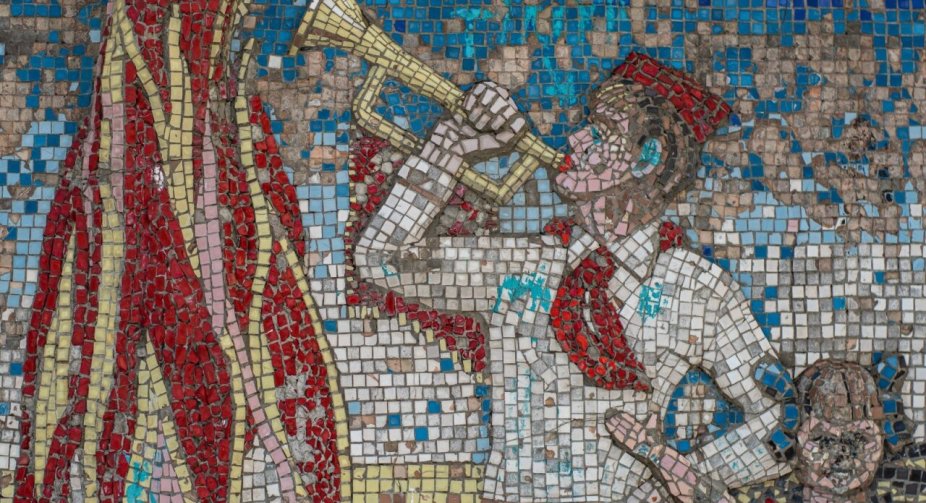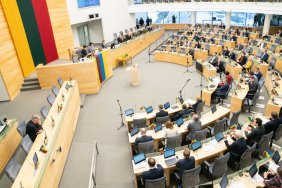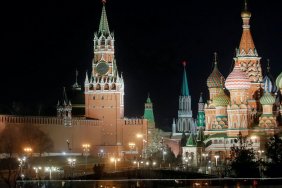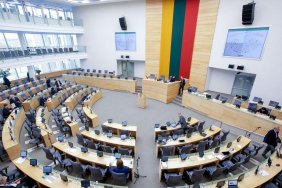On Tuesday, the Seimas of Lithuania voted in favor of the so-called law on de-Sovietization, which prohibits the promotion of totalitarian and authoritarian regimes and their ideologies using public facilities.
This is reported by LRT.
The law, which was voted for by 103 members of the Seimas and will be signed by the President of Lithuania in the near future, creates a legal basis for the removal from public places of symbols of totalitarianism and authoritarianism, such as monuments, memorial objects, names of streets, squares and other public objects objects
It will be prohibited to mention persons who were or are active participants in the political, military and repressive structures of the occupation authorities, as well as the names of organizations, events or dates that symbolize totalitarian or authoritarian regimes and their ideologies, in public facilities.
Signs of military aggression by such regimes against another state, signs of the Soviet occupation of Lithuania in 1940-1941 and 1944-1990, and Nazi occupation in 1939-1944 will also be prohibited in public facilities.
The prohibitions do not apply to museums, archives, libraries when organizing exhibitions, informing the public about totalitarian and authoritarian regimes and their consequences, using such objects and information for the purposes of education, science, professional art and collecting.
The Lithuanian Genocide and Resistance Research Center or the municipal authorities will be able to recognize public objects promoting totalitarian or authoritarian regimes and their ideologies. A special interdepartmental commission must first present its assessment.
The law is scheduled to enter into force on May 1, 2023.
Currently, in Lithuania, only administrative responsibility is provided for the demonstration, distribution and propaganda of the symbols of some totalitarian and authoritarian regimes. However, since Russia started the war in Ukraine, many municipalities have taken the initiative to dismantle statues, monuments and other symbols of Soviet soldiers.





